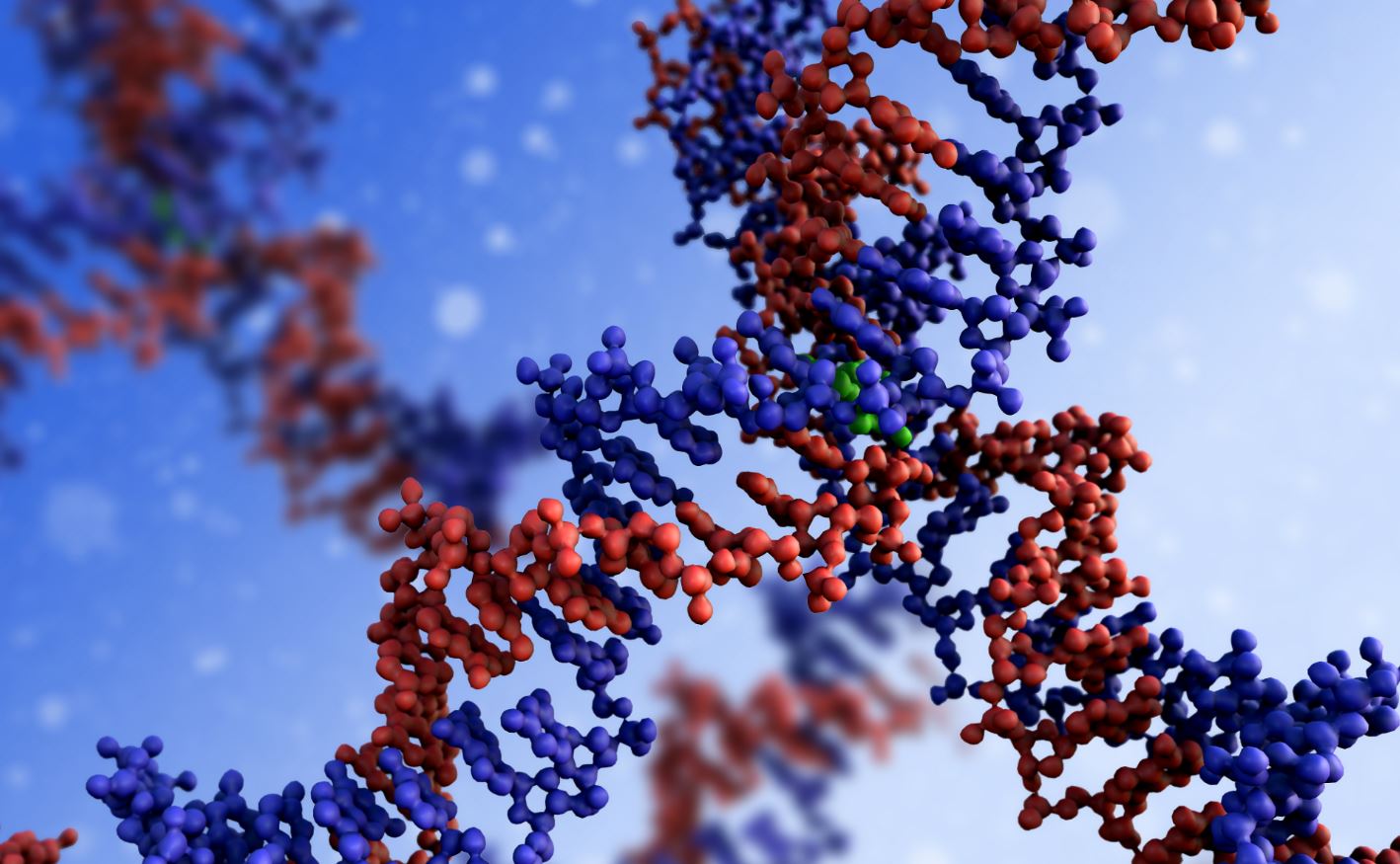By Dr. Petrus Raulino
Major Depressive Disorder (MDD) is associated with premature mortality and may represent a state of accelerated cellular aging.
It is known that MDD is an independent risk factor for a wide range of diseases, especially those associated with ageing, such as cardiovascular disease, diabetes and Alzheimer's.
In recent years, metrics have been developed to estimate biological age based on DNA methylation patterns.
But what is DNA methylation?
DNA methylation is a mechanism epigeneticThis means that it causes a change in genetic activity without involving a change in the DNA nucleotide sequence. It involves the transfer of a methyl group to cytosine or adenine.
DNA methylation regulates gene expression by inhibiting it. It is a dynamic process involving methylation and demethylation in different patterns throughout life.
The DNA methylation pattern can be seen as a kind of epigenetic "clock", as it suggests a biological age in line with its pattern. It is a biomarker of the rate of biological ageing.
Metrics related to estimating biological age have been used in research to capture accelerated ageing in psychiatric disorders.
Study on TDM and lifespan
In a recent study published in the journal Translational PsychiatryBlood samples from individuals with MDD were analyzed for methylation patterns using the GrimAge "clock".
GrimAge is a mathematical algorithm designed to predict an individual's remaining lifespan based on cellular methylation patterns.
Two groups of individuals were compared: (1) a control group of healthy volunteers and (2) a group of individuals with moderate to severe MDD who were somatically healthy and not medicated.
The MDD group showed a significantly higher GrimAge score in relation to their chronological age compared to healthy individuals of the same chronological age - an average of approximately two years more on the GrimAge "clock".
These findings show a new perspective on the increased morbidity and mortality associated with MDD, suggesting that there may be an underlying biological mechanism that accelerates cellular aging in some MDD sufferers.
Further research is needed to increase understanding of the findings and to assess the influence of TDM treatments on the cellular ageing process.
References
Protsenko, E., Yang, R., Nier, B., Reus, V., Hammamieh, R., Rampersaud, R., ... & Wolkowitz, O. M. (2021). "GrimAge," an epigenetic predictor of mortality, is accelerated in major depressive disorder. Translational psychiatry, 11(1), 1-9.
Lu, A. T., Quach, A., Wilson, J. G., Reiner, A. P., Aviv, A., Raj, K., ... & Horvath, S. (2019). DNA methylation GrimAge strongly predicts lifespan and healthspan. Aging (Albany NY), 11(2), 303.
Bell, C. G., Lowe, R., Adams, P. D., Baccarelli, A. A., Beck, S., Bell, J. T., ... & Rakyan, V. K. (2019). DNA methylation aging clocks: challenges and recommendations. Genome biology, 20(1), 1-24.
Horvath, S., & Raj, K. (2018). DNA methylation-based biomarkers and the epigenetic clock theory of aging. Nature Reviews Genetics, 19(6), 371-384.
Wu, T. P., Wang, T., Seetin, M. G., Lai, Y., Zhu, S., Lin, K., ... & Xiao, A. Z. (2016). DNA methylation on N 6-adenine in mammalian embryonic stem cells. Nature, 532(7599), 329-333.
Hannum, G., Guinney, J., Zhao, L., Zhang, L., Hughes, G., Sadda, S., ... & Zhang, K. (2013). Genome-wide methylation profiles reveal quantitative views of human aging rates. Molecular Cell, 49(2), 359-367.
Moore, L. D., Le, T., & Fan, G. (2013). DNA methylation and its basic function. Neuropsychopharmacology, 38(1), 23-38.







